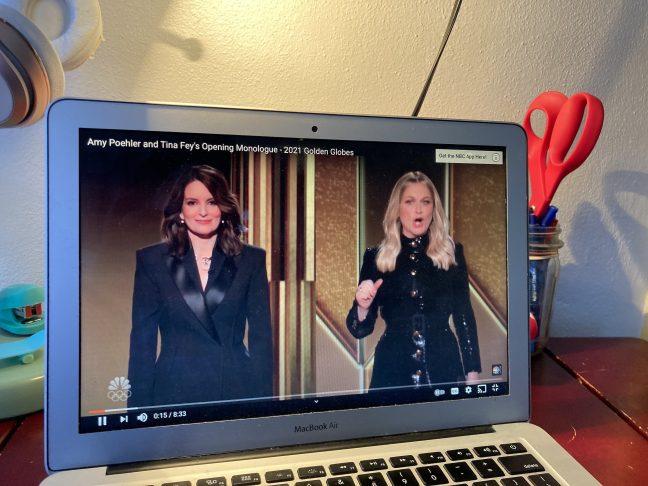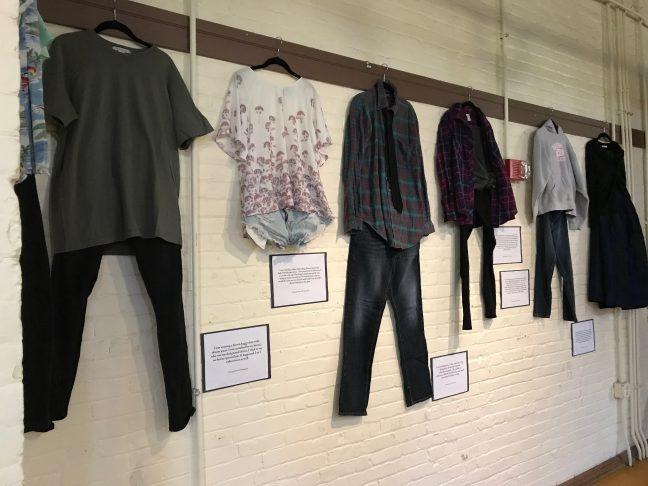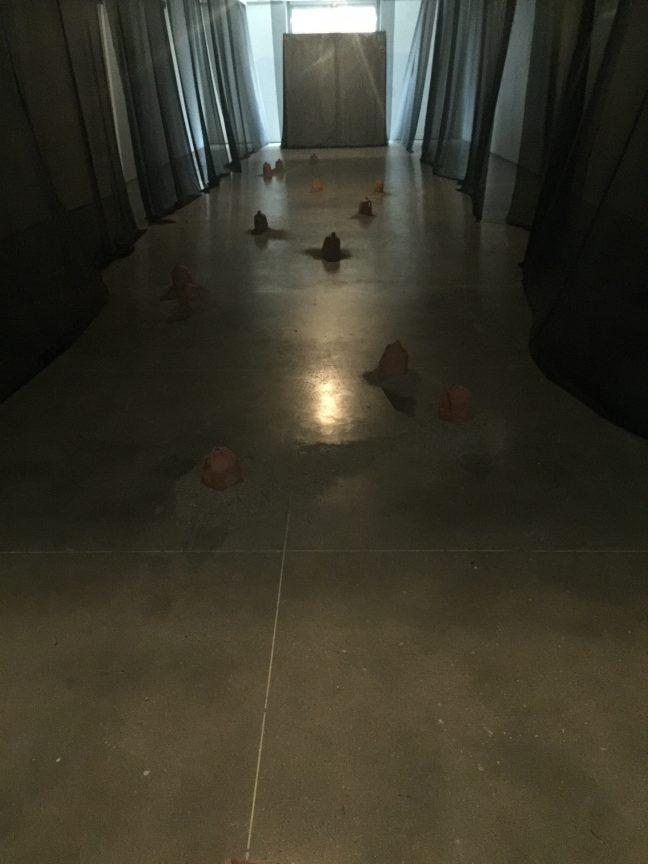A stereotypical vision of “opera” might conjure an image of a pristine, high-class society. If not that, then perhaps you’ll think of elaborate arias, sets and melodrama. But this weekend at the Overture Center, Madison Opera’s production of “The Threepenny Opera” will surely transform any predispositions about the art form with its entertainingly powerful message, wonderfully jazzy score and quirky humor.
“Threepenny” made its Madison debut Friday night with additional shows throughout the weekend at the Overture Center’s Playhouse. It will conclude after this coming weekend’s performances.
In the opera, with music by Kurt Weill and libretto by Bertolt Brecht, the seedy underbelly of 1920s London takes hold with a group of beggars and criminals who take pride in their evildoings. The ringleader of these evildoings is Macheath (American Players Theatre’s James DeVita), who, despite his lengthy list of criminal charges that include rape and murder, manages to charm most women and escape most of his critics.
As Lucy (Liz Cassarino), who is revealed to be Macheath’s first wife, proclaims near the end of the second act: “This world, these people…a crock of shit.”
Near the beginning of the first act, Macheath marries Polly Peachum (Alicia Berneche), daughter of the beggar king (Erich Ponto), after knowing each other for five days. When her father and mother (Amy Welk) discover their nuptials, they vow to find Macheath and have him hanged. Police corruption, prostitution and general debauchery ensue.
Based on the mid-18th century “Beggar’s Opera” by English composer John Gay, “Threepenny” is a severe satire of not only operatic conventions but also society as we know it.
“Brecht’s question was: If criminals are bourgeois, are the bourgeois criminals”? said Stage Director Dorothy Danner in a recent interview with The Badger Herald. Brecht certainly lets his close ties with Marxism become apparent throughout the show. But 1920s London and the Weimar Republic (about which the opera was originally composed) are not the only settings where this question can be asked.
“The parallel here is: Is the underbelly of society run any differently than Wall Street”? Danner said. She addresses this question after the near-absurd conclusion of the opera, connecting it to recent financial atrocities.
But aside from these more serious elements of satire, the performance as a whole is undeniably playful through quirky song titles (i.e. “Pimp’s Ballad,” “Jealousy Duet,” “Ballad of Sexual Dependency” and “The Instead Of Song,” to name a few) and the actors’ interpretations of their unsavory characters.
There are not many moments at all where the music resembles an opera, and when it does, it’s with a hilariously satiric jab. Every time Berneche, a lovely soprano, sings operatically, it is with irony and sarcasm. In “Not So Perpendicular,” she sings with the bravado of an aria, “And if he’s gallant and treats me like a lady, then I shall tell him…sorry.”
Some actors speak their lines rather than sing them. And American Players Theatre’s Tracy Michelle Arnold is a Broadway-esque belter (and tremendous scene stealer) as Jenny Diver, Macheath’s muse and preferred prostitute.
Operas are also usually performed with a full orchestra traditionally playing music from the Classical and Romantic periods, but “Threepenny” uses a small band that includes saxophones and plays music that is largely rooted in jazz. The show’s opening number, “Mack the Knife,” is widely known as a swing chart from the likes of Bobby Darin and Louis Armstrong.
“Opera is in the title, but it’s an ‘opera’ for beggars,” Danner said. “It’s such a mixed bag of theatre, political commentary and comedy.”
The set on the Overture Center’s Playhouse largely remains bare (save for pieces of scaffolding, laundry baskets, bales of hay and a curtain made of rag clothes), reflecting the grim lifestyle often described throughout the show.
“Everything had to look like it was for beggars,” Danner said. “Everything is exposed.”
And Madison Opera does an excellent job in exposing how fictional moral fallacies can reflect reality, and in the finale of “Threepenny,” how “The World is Mean.”
All performances of The Threepenny Opera, which will take place Friday and Saturday at 8 p.m. and Saturday and Sunday at 2:30 p.m., are currently sold out. Check www.madisonopera.org for updates.



















